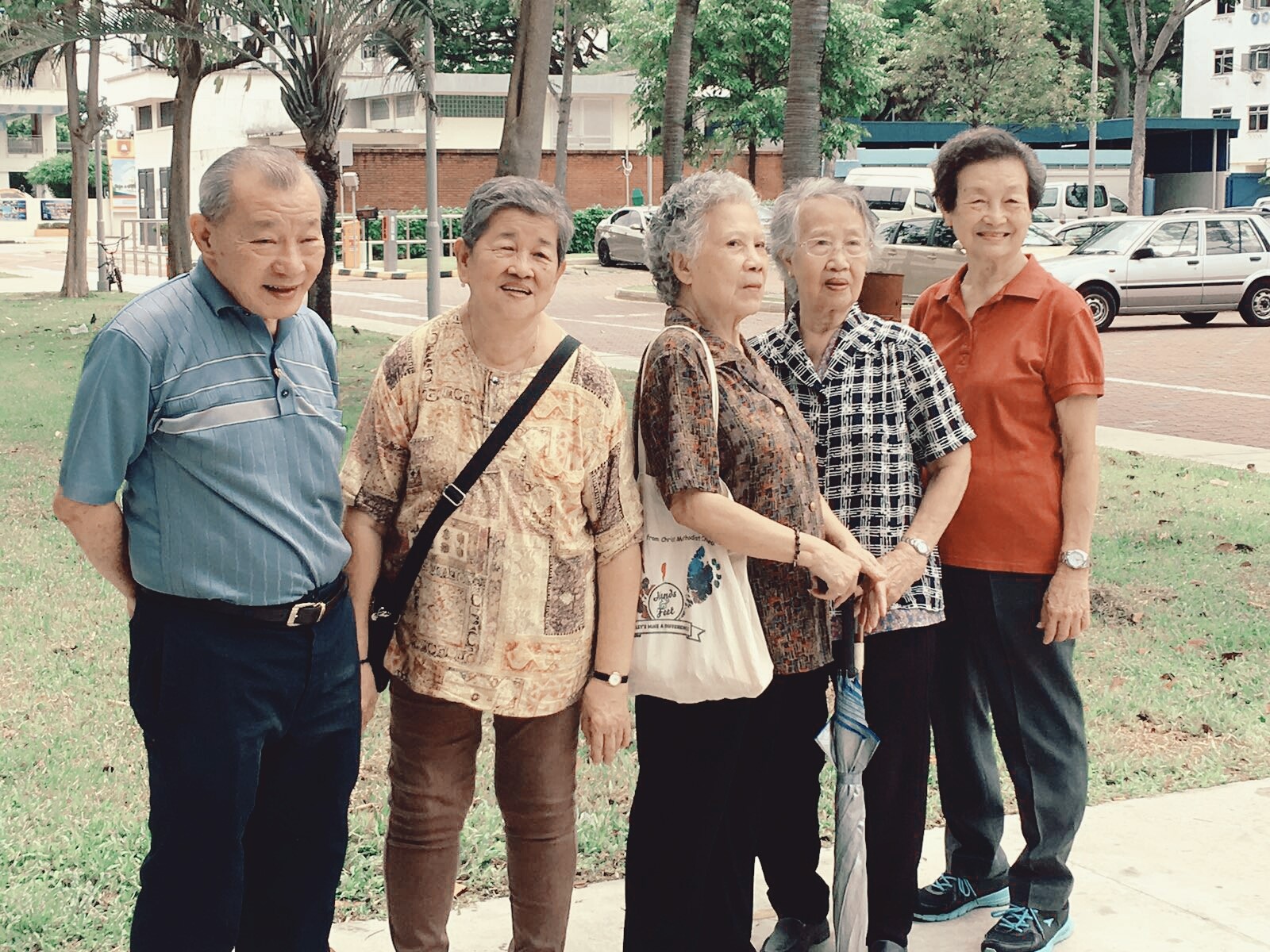A study by the National Council of Social Service (NCCS) revealed that senior citizens and people with disabilities are more likely to have a better quality of life if they engage in a social activity or sports.
The NCCS conducted the Quality of Life (QOL) study last year. It surveyed 3,458 Singaporeans and permanent residents aged 18 and above, of which about 2,500 seniors, people with disabilities and people in recovery from mental health and those seeking help were included.
The findings of the survey showed that social inclusion and participation had the greatest impact on improving the quality of life.
The findings of the survey revealed that persons with disabilities who engaged in a main activity, such as in a social service programme, employment or education, were 1.5 times more likely to have a better QOL. Persons with disabilities and persons in recovery, who participated in sports or physical recreational activities, were 1.7 times more likely to have better QOL.
Similarly, seniors who participated in sports or physical recreational activities were 2.3 times more likely to have better QOL.
This study was based on the World Health Organisation’s (WHO) QOL framework, which is one of the most comprehensive ones as it comprises six domains and 24 facets to assess one’s QOL. It has been tested for validity and reliability in more than 30 countries, cultural settings and profiles, and has add-on modules for disability, mental health and seniors to allow a better understanding of their QOL, NCSS said.
Meanwhile, the study has also given suggestions for improving the quality of life for seniors and those in vulnerable groups which are following:
*Promote social inclusion in the community, such as through employment, community activities or sports
*Recognise the importance of empowering these individuals to have the autonomy to make decisions and improve their level of independence
*Everyone can support and empower these individuals by seeing them as persons first, with aspirations and abilities. By doing so, they can achieve their potential in areas such as employment, education and in the community.



